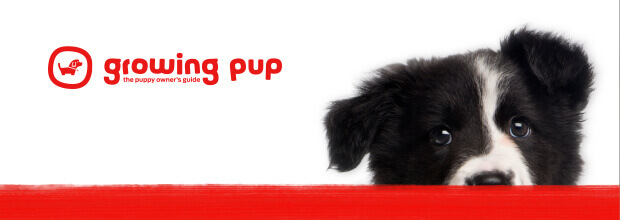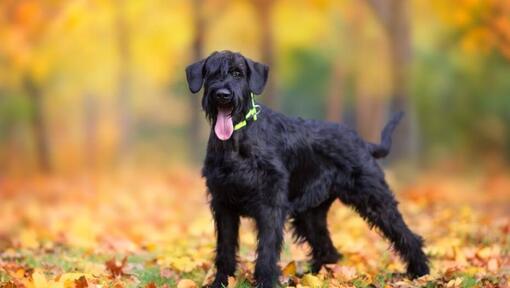Distinguished by his bearded muzzle, the Giant Schnauzer is a robust, powerful dog originally bred to drive livestock. He loves having a job to do, and this natural guard dog considers his most important task to be protecting his human family. Highly energetic, the Giant Schnauzer should be vigorously exercised daily. His lightly shedding, coarse coat requires weekly brushing and clipping or stripping four to six times a year.
DID YOU KNOW? A descendant of the Great Dane, the Giant Schnauzer was developed in Germany, where the breed is called the Riesenschnauzer, meaning “the giant.” The breed historically has also been referred to as the Russian Bear Schnauzer and the Munich Schnauzer. Highly intelligent and easily trained, the Giant Schnauzer was used as a police and military dog during World War I. The Giant Schnauzer is not actually a giant breed, but rather, the largest of the three Schnauzer breeds. The other two are Miniature and Standard.
ALSO KNOWN AS: Munich Schnauzer, Munchener, Russian Bear Schnauzer















